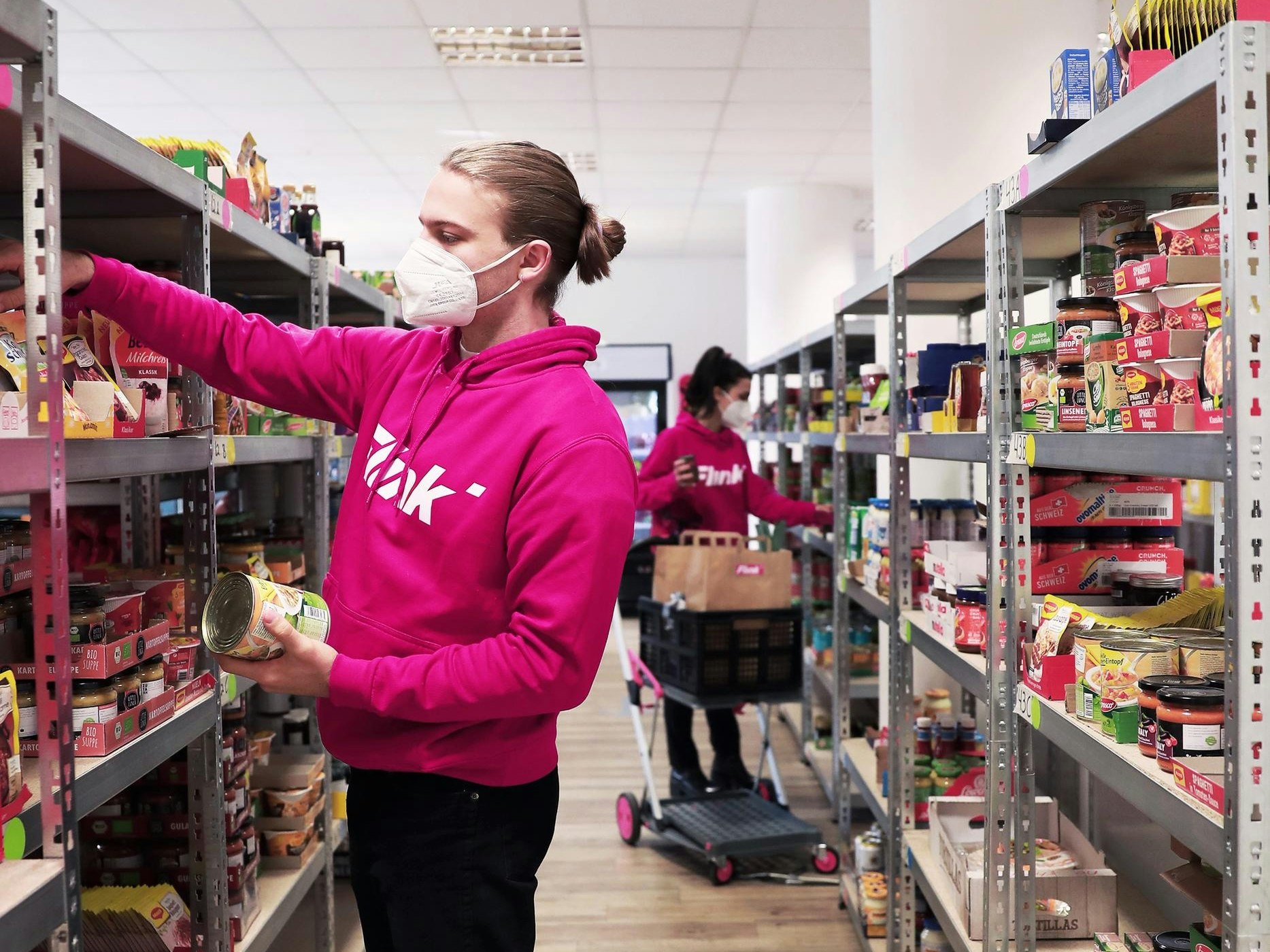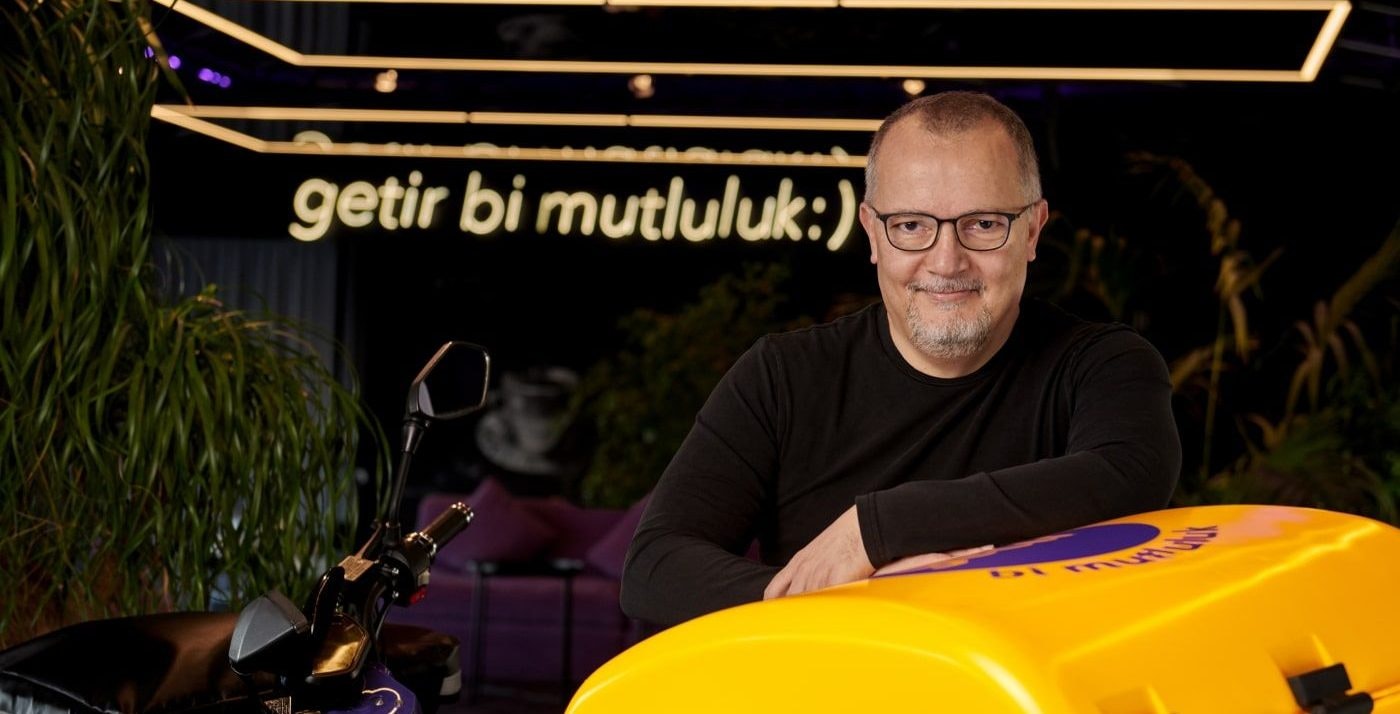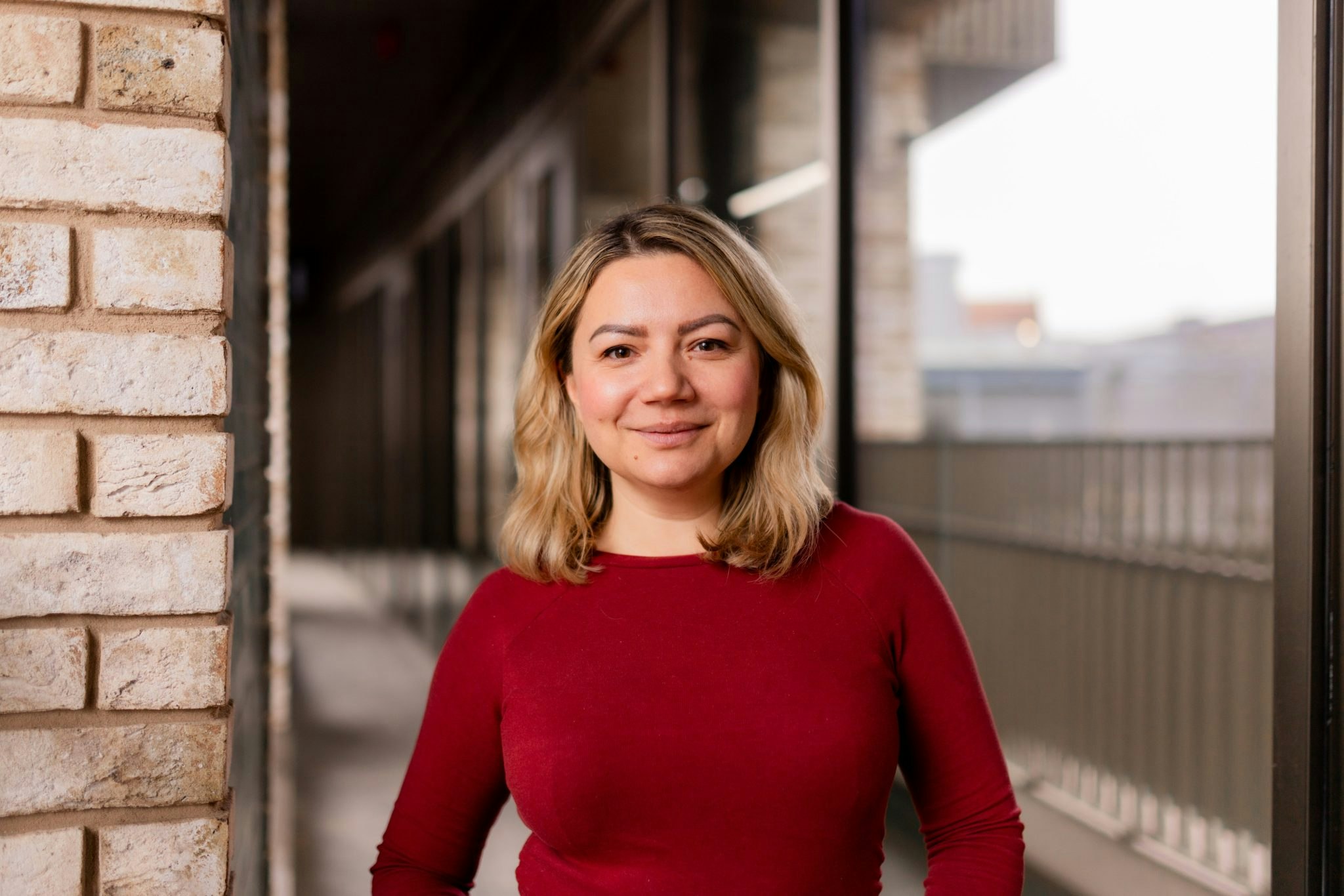It might seem like Europe’s grocery startup bubble has popped.
Following their rapid rise during the pandemic during which they raised billions, speedy grocery delivery startups are sacking employees or being acquired by competitors.
But that doesn’t mean there aren’t teams out there trying to crack grocery delivery — and VCs that believe in them. That includes French startup La Tournée, which offers a zero-waste grocery delivery service to customers on a day of their choice, instead of on-demand. The products are delivered in reusable containers that are picked up at the next delivery.
The startup has now raised €2m in a pre-seed round led by French firm Frst.vc, joined by the founders of Back Market, Drivy and Dashlane.
'Everything is about retention'
The company launched last November and has been testing the viability of its business model with just one warehouse, servicing three départments in the west of Paris: Hauts-de-Seine, Val d’Oise and Yvelines. Around 60% of La Tournée’s customers are still ordering every fortnight, and the business is getting close to profitability at that first warehouse.
“Everything is about retention. We’re targeting families who do their grocery shopping frequently so we have a high retention rate. We are adding food products and all the products you may find in a supermarket. With the round model, you really do have way better unit economics than with on-demand. You have way more efficiency and so it’s way more profitable," said Juliette Poiret, CEO and cofounder.
La Tournée isn't the first to address grocery delivery’s sustainability problem — most by offering longer delivery lead times and innovating on packaging. Dutch startup Pieter Pot raised a €9m seed round last December and runs a zero-waste grocery delivery service. UK-based Modern Milkman, which uses data analytics to map out milk rounds and uses returnable glass milk bottles, raised £50m from investors just last month. Berlin startup Alpacas is another example.
'The opposite of quick commerce'
La Tournée provides pre-booked deliveries for free but takes a deposit of 20-40 cents for the containers. When the empty jars are returned, during the next delivery, the customers are reimbursed. From there, the packaging is collected at the warehouse and the suppliers pick up the empty containers during their next delivery. They are responsible for cleaning and reusing the jars or bottles, which can be reused up to 50 times.
For the first four months, the cofounders funded the business out of their own pocket, renting a storage space and some electric vehicles. After that, they were able to raise a small amount of capital and recruit a team to set up more formal operations. Now the group employs 20 people.
The startup has 10 electric vans that it leases, which means the drivers can cover large distances spread across residential areas. The drivers are all employed with permanent contracts — and live in the areas the company delivers to. This helps with the retention rate as well, according to Poiret, as it establishes a relationship between the drivers and the customers.
“We are the opposite of quick commerce. The planned deliveries allow us to have attractive unit economics because you can have optimised rounds within a zone,” Poiret adds.
The group has three delivery slots available from Monday to Saturday. Customers can order until midday to receive their delivery the same evening. They are able to complete seven orders per hour per carrier, Poiret says, while for companies like Deliveroo or most on-demand services, this can go as low as two deliveries per hour.
The group will continue adding new products to its range and is also working on launching a private-label range of products, which should help with its margins. They offer both locally produced products and mass-market options from 15 suppliers — three of which make up more than half of their volumes.
Poiret says the company is competitive on pricing when it comes to local and organic products versus existing stores. In terms of mass-market products, it's competitive with supermarkets on some products like beers, and more expensive on certain brands like Evian, she says.
Expanding in other residential areas
The focus with the first warehouse has been vital to prove that the model can be profitable. The next steps in the new year will be opening new warehouses, again in the suburbs of Paris. In the long term, the cofounders are also considering expanding their business to the city centre, but for that Poiret says they will need to adapt the model. The main goal is to expand in other residential areas in the region and then go on to other regions in France.
The increasing regulatory pressure across Europe on getting rid of single-use plastic packaging will benefit the business, she believes. In Europe, some single-use products like plastic plates and cutlery have been banned already.
And although other grocery delivery startups have been coming under pressure from the French government and local authorities over the disruption caused by dark stores in city centres, Poiret says La Tournée has a very different relationship with authorities.
“In each city we launch we are welcomed with open arms by the mayor. They invite us to local events, they’re really happy and glad to have a player to help them with the waste issue. So it’s completely different to quick commerce,” she says.



